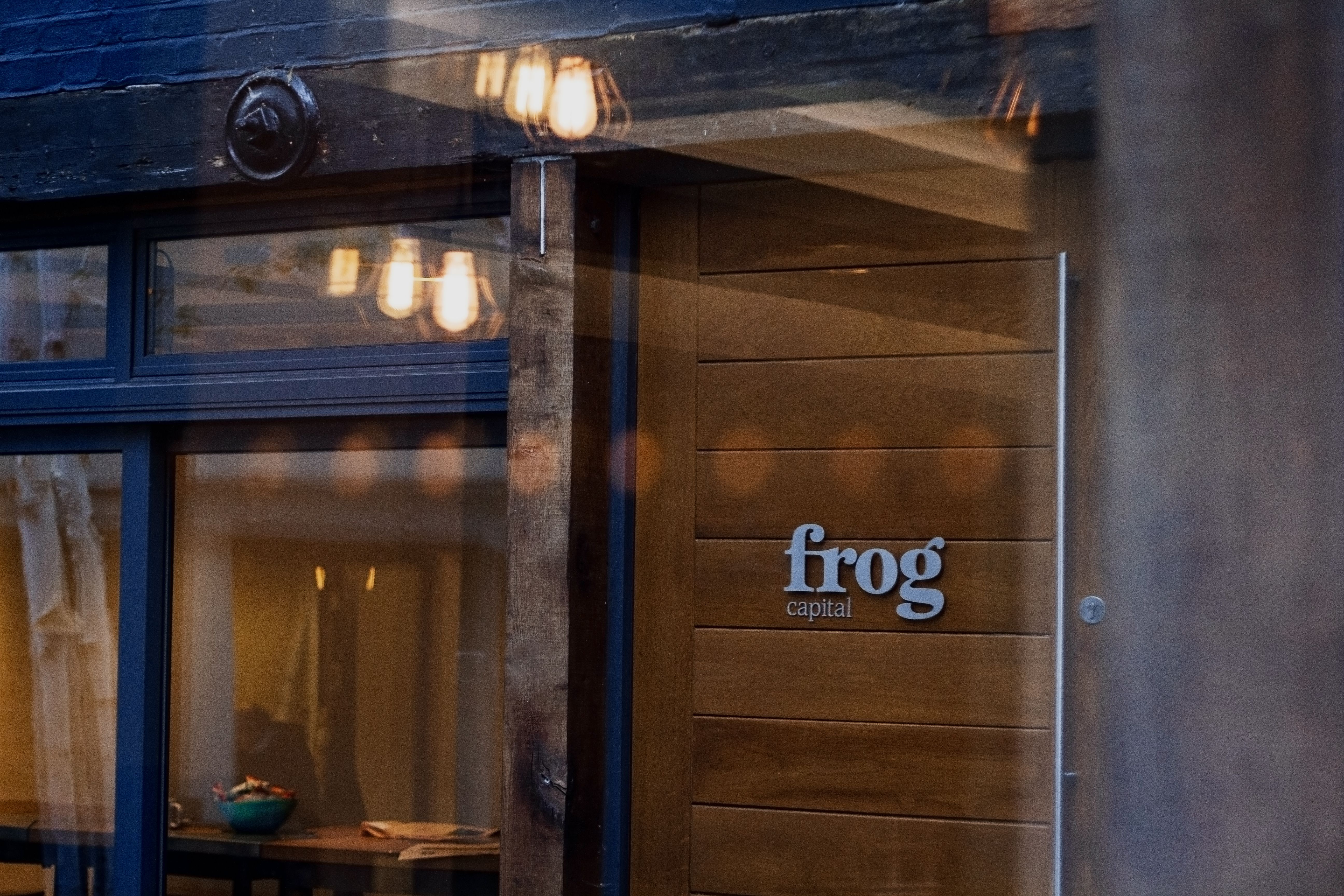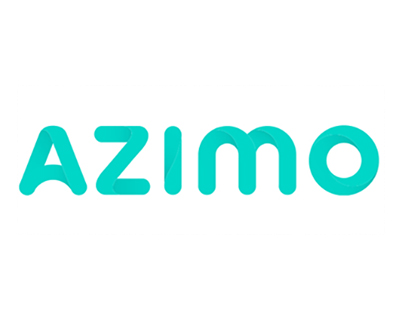For this piece, I collaborated with John Sutherland, Director of Strategic Resource. John regularly works with the Frog team on due diligence and portfolio review projects.
You have reached the scale-up phase. Fantastic. Your business is really starting to take shape; you have a clearer vision of where you’re headed. And now you want to address the team you need around you before you aim for that next milestone.
Here are the three key things you’ll need to consider when developing your talent strategy:
Building the team for tomorrow’s challenges
When considering team members, keep in mind that you need to have people who are capable of growing at the same speed (or faster) than the rate of expected growth in your organisation. And that means selecting based on trajectory, not just on current skillset. It is easy to get this wrong when it is your current performance that is being evaluated, whether that means maximising revenue numbers or reducing Bill of Materials (BOM) costs. The pressure is on to perform now. But don’t forget about the long term – the ideal team member must meet the current requirements whilst having plenty of potential left in the tank.
Considering tomorrow’s challenges also means deliberately looking at where you will have gaps. A team looking to expand in Europe with team members all from the same country is an obvious problem. Gaps can also be functional, such as the need for strategic marketing or experience of ramp-up, or they can be sectorial, such as the need to understand a new customer space.
Many a founding team member has fallen by the wayside by the time you reach the Growth Capital phase. They were suited to the start-up phase but did not have the career ‘legs’ to grow with the business. Most frequently, those who get left behind focus on doing all the roles that were required in the early days but never secure a defined mandate for themselves. General-purpose people have a short shelf-life in senior teams.
There is an ‘I’ in team – lots of them
Teamwork, at its most fundamental, is about 1 + 1 equalling 3 or more. Team members who can state their own view with distress-free clarity, as well as contend with others to find the most robust solution, deserve a premium – and a seat at your table.
This can be counter-intuitive as the very word ‘leadership’ tends to conjure up ideas of well-known individual leaders. It is easy to end up with a team who all want to be Top Dog rather than a Wolf Pack. As Rudyard Kipling says, “For the strength of the pack is the wolf and the strength of the wolf is the pack”. Chances are that you will need compelling teamwork – pack behaviour – more than you need a series of strong individuals who vie with each other to be Top Dog. So, when you hire or promote, do so with half an eye on their teamwork skills.
It’s the difference that makes a difference
Many entrepreneurs hire people they have known for a while and get along with. But you also need team members that you do not immediately resonate with – people who are wired differently and see the world through a different lens. I worked with one team who were all ex-Olympic rowing athletes. What was good was that they all knew how to work hard. What worked less well was the lack of diversity. Another team were all ex-management consultants. You can imagine how that went!
Focus less on how well you all get along together and more on how well you contend on the key topics. The ideal team deliberately examines their differing perspectives on their critical path issues in order to find a hybrid solution. Typically, the way forward they find was not a path any one team member could see in isolation – which just shows why diversity of thought is so important.













